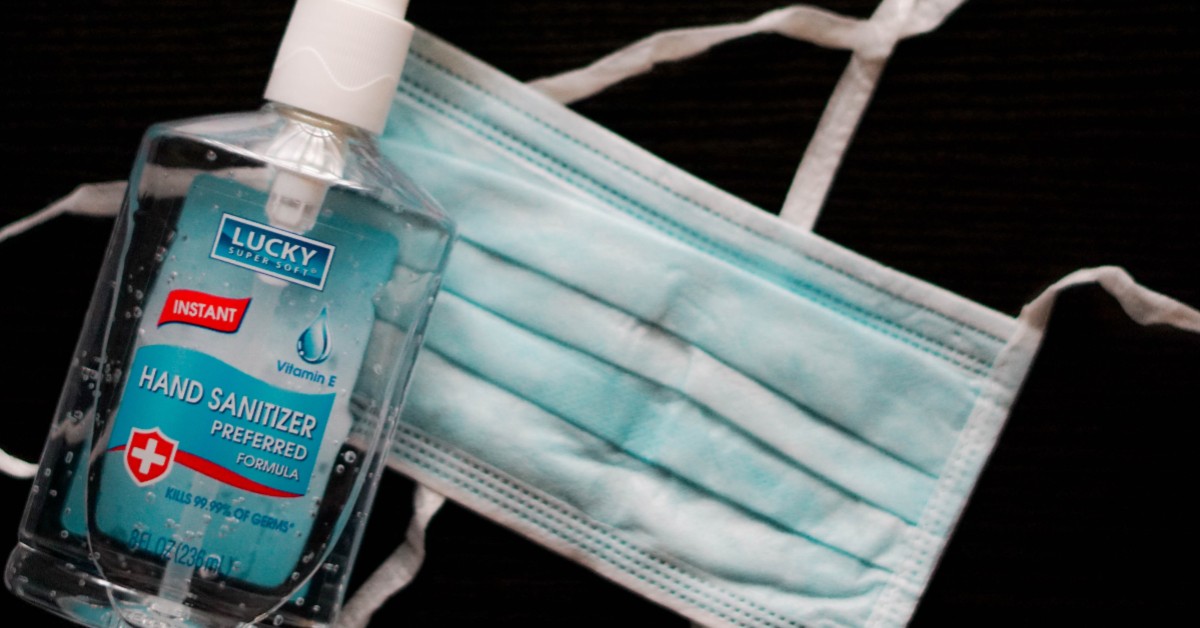4 Tips To Help You During The COVID-19 Pandemic

Amidst the Coronavirus (COVID-19) pandemic, The Allergy and Asthma Center of Corpus Christi brings together information that can be useful to those who suffer from asthma and want to know the best practices to avoid the virus and protect their respiratory system.
Here are four tips that you may find useful to stay safe and healthy during these trying times.
Follow Your State And County Regulations
Following the guidelines or state laws/regulations on the COVID-19 matter can be considered a no-brainer. Many counties and states across the country have called for lockdowns and for people to practice social distancing. These are important instructions to follow since we are all trying to combat the situation the best way we can, and every little bit helps.
Keeping your distance from others and avoiding socializing with people — aside from the people you live with — is your best defense at the moment and is the most useful tool for those who have no other means of helping in this situation. The less time we spend exposing ourselves to others in social situations, the less likely we are to contract the virus — or unknowingly spread it if we are asymptomatic.
How to Avoid Getting or Spreading COVID-19
Remember, a common way to spread the virus is person-to-person contact, being exposed to someone with the virus for a prolonged period, or being exposed to the virus through droplets from the coughs or sneezes of infected individuals. Other possible means of spreading can be by coming in contact with infected surfaces or objects and then touching your mouth, nose, and possibly your eyes.
The spread and contraction of this virus can be avoided by washing your hands often for 20 to 30 seconds, coughing or sneezing into the pocket of your bent elbow (or if you use tissues, throw them away immediately after use), avoiding physical contact with others when greeting or while out of the house, and making sure to stay away from other people if you believe you have contracted the disease — if you feel the symptoms, you should contact your doctor and practice quarantine protocols safely to avoid spreading it onto others.
Since we know very little about this new disease and it has been relatively a short period since it started, there has not been enough research done to have more accurate information on the topic. Although, the Centers for Disease Control and Prevention (CDC) and the World Health Organization (WHO) have said that people with deficient or weak immune systems have a higher risk of having a severe case of COVID-19.
People with chronic asthma are included in this high-risk group.These organizations have advised people with asthma and other chronic medical conditions to take their medications regularly to keep their condition under control. If your asthma is not under control, contact your doctor right away.
COVID-19 Symptoms
According to the CDC and the World Health Organization, the most common coronavirus symptoms can include:
- Fever
- Cough (usually dry)
- Shortness of breath
- Fatigue or feeling tired
Other less-common symptoms include:
- Stuffy or runny nose
- Sore throat
- Diarrhea or nausea
- Aches and pains
- Headaches
Recommendations For Quarantine and Social Distancing
As we stated earlier, everyone should be following the regulations and guidelines set forth by state and local authorities. This helps prevent large-scale spread of COVID-19 while also protecting your personal health.
To make sure you are ready to stay at home while practicing social distancing or if you need to be quarantined due to having contracted the disease, you should have the following items at home:
- Enough food for two to three weeks — canned foods are great for this situation as they don’t need to be refrigerated and can have longer shelf life.
- If you suffer from any condition such as asthma, make sure to have a 30-day supply of all medications.
- Have enough cleaning supplies and toiletries to last you the time you’ll be in quarantine — there’s no need to stock your home with 6-months worth of cleaning supplies or toiletries. Regularly disinfect your surroundings so that other people who live with you don’t get infected.
- If you live in an area with a limited water supply, make sure to have enough water stocked to last you 21 days.
- Make sure you have a first-aid kit to treat minor injuries and illnesses, that way you don’t have to worry about going out if something arises.
- Have books, games, and other sources of entertainment — you shouldn’t be going out to distract yourself since everyone is trying to avoid a massive spread of the disease.
- Socialize! Not in the regular way you are used to, but by calling, texting, or making video calls to your family and friends — our mental health is just as important as our physical health, and being able to talk to others can help support it.
If you have any questions about asthma or allergies that can be related to COVID-19, contact The Allergy and Asthma Center of Corpus Christi today.


